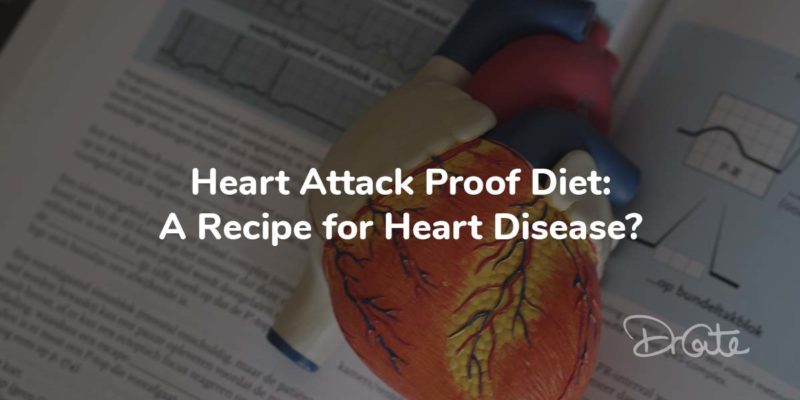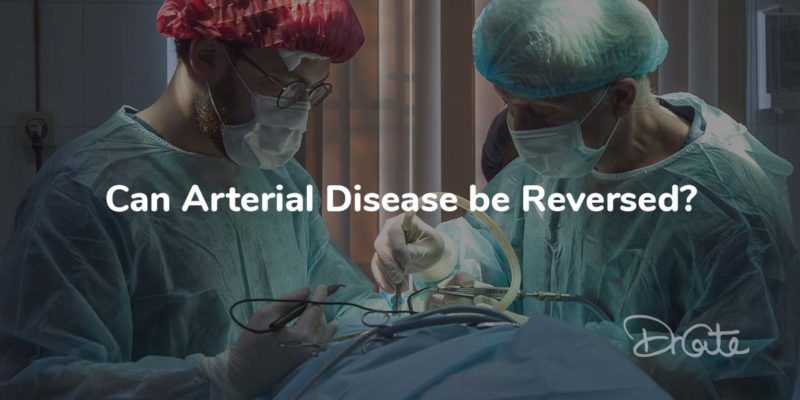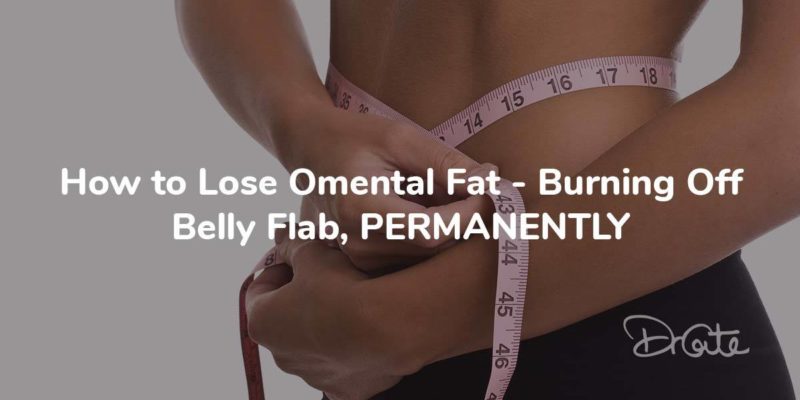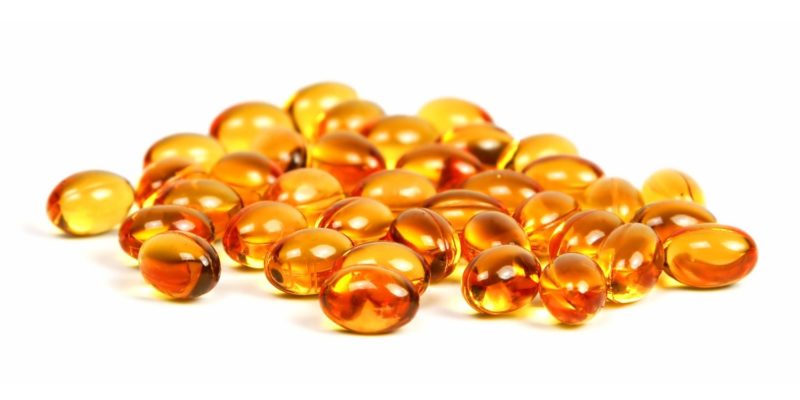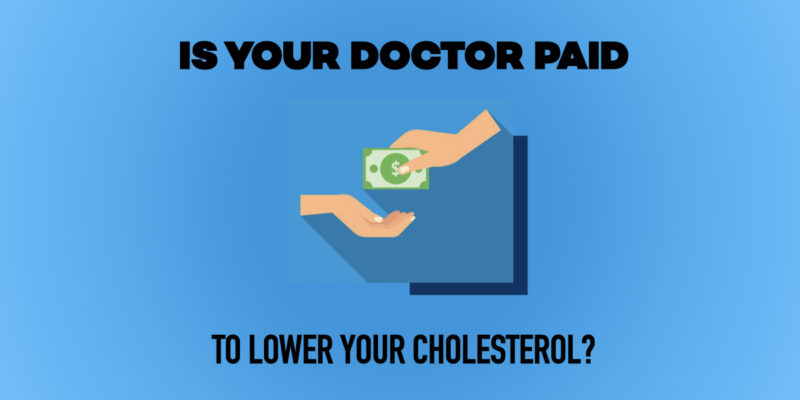Heart Attack Proof Diet: A Recipe for Heart Disease?
CNN keeps airing “The Last Heart Attack,” in which Dr. Sanjay Gupta tells the story of how and why President Bill Clinton was put on a vegan diet by Dr. Dean Ornish, and how Dr. Caldwell Esselstyn's #1 selling book Prevent and Reverse Heart Disease echos the same dietary advice. As you know, reversing disease is something I care a lot about, but I'm not convinced Dr. Essylstyn's heart attack proof diet is delivering what he promises. Does this story really have a happy ending? Early in the show Dr. Gupta discusses Clinton’s strict vegan diet and defines its underlying philosophy:…
Can Arterial Disease be Reversed?
How to Lose Omental Fat – Burning Off Belly Flab, PERMANENTLY
If Your Doctor Recommends Against Vitamin D, Here’s Why
Vitamin D is known to reduce bone loss, but the NEJM advises against its use. The prestigious New England Journal of Medicine, which has recently tarnished its reputation by refusing to publish articles unfavorable to popular prescription drugs, is barreling forward this week with its anti-natural, anti-health approach to medicine in asserting that vitamin D should not be universally recommended for postmenopausal women with low levels of vitamin D, and stating that we need a 5-year randomized trial before we can safely recommend its use for reducing the risk of heart disease or cancer.*The journal describes a postmenopausal woman in her…
How starting a low-cholesterol diet leads to weight gain
No more free lunch for doctors
Who Should Get Vitamin D Testing?
We all know our skin makes vitamin D during sun exposure, so you’d think that most of us here in Hawaii would have plenty of vitamin D, right? Wrong. A study done on prototypical surfer-dudes in Honolulu, titled: Low Vitamin D Status Despite Abundant Sun Exposure (Binkely, 2007) found that, amazingly, more than half (51 percent) had less-than-optimal blood levels of vitamin D and were therefore putting their bodies at risk. At risk for what? Low vitamin D has been associated with overweight and obesity, as well as a variety of serious medical conditions, including cancer, heart failure, mental illness,…
Statins and Heart Failure: A Deadly Mix?
Health After Healthcare
Pay for Performance
Your Doctor May be Paid to Prescribe Cholesterol-Lowering Statins Do you know what a HEDIS measure is? Most patients don't, and few doctors do. It's a measure of how well your doctor is following certain practice guidelines. 90 percent of insurance companies grade doctors using HEDIS. And it's important to know that these markers include getting your LDL cholesterol numbers down with drugs. If you have diabetes or cardiovascular disease, your doctor can be rewarded for following these rules. On the other hand, doctors who don't will be financially penalized. This is one reason why I do not work with…
Does Every Diabetic Really Need A Cholesterol Pill?
Cholesterol Pills For Kids – Stop The Madness!
The Lipid Cycle
More About Cholesterol Pills
Cholesterol Pills – What You Haven’t Heard
You know cholesterol pills will lower your cholesterol. But do you know cholesterol pills don't prevent heart attacks by lowering cholesterol? They work by what the pharmaceutical companies call "a pleitropic effect" meaning they have so many effects we can't understand or predict them all. Isoprene: A Building Block for Cellular Health Cholesterol pills called statins lower cholesterol by blocking the enzyme that forms a chemical required for the earliest steps of cholesterol manufacture, the making of isoprene units. If you can't make isoprene units, you can't make cholesterol. But your body uses isoprene units for a whole bunch of…

